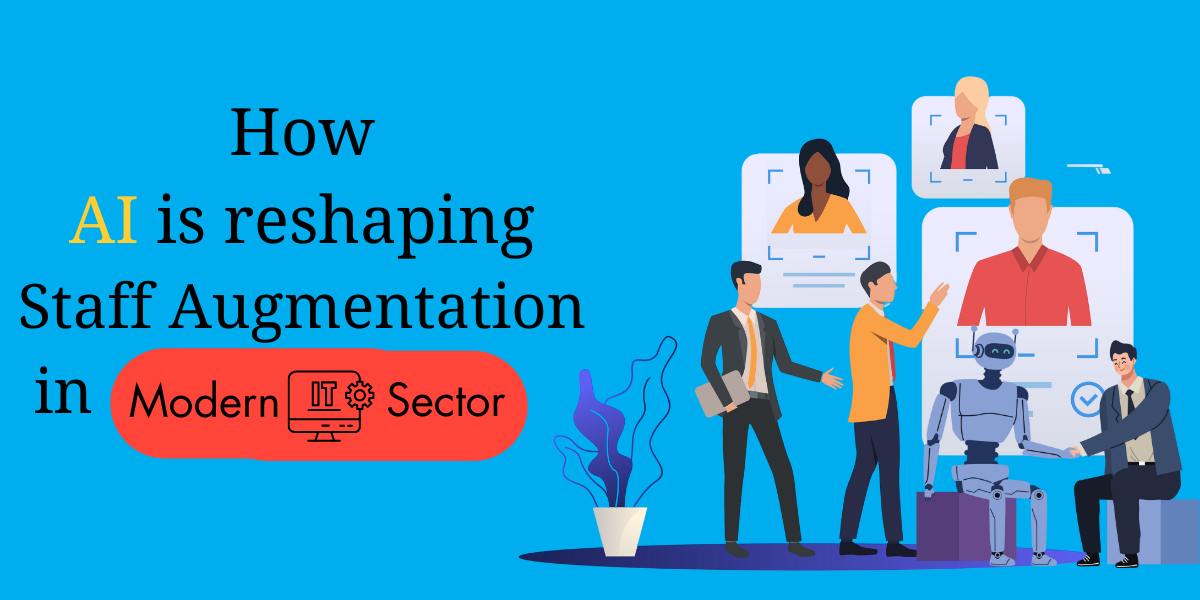The era of rapid technological advancement has seen Artificial Intelligence (AI) become a game changer in many industries, including education. The potential influence of artificial intelligence on E-learning is nothing short of transformative as we embrace the digital age. Artificial intelligence technology is beneficial to both instructors and students since it has the capacity to provide high-quality, tailored learning experiences.
Personalized learning experiences, high-quality education for all and AI-driven systems that can respond to queries and suggest resources are just a few of the many advantages of AI in E-learning. Since AI can perform monotonous activities, it is vital to prepare students for automation by emphasizing the development of creative, cognitive and emotional intelligence skills. Combining AI and human abilities leads to the best results, with AI-based learning systems being useful for teaching subjects like foreign languages and math.
Where Are We Now With AI?
Students can now get personalized recommendations, fast answers to questions, accurate assignment grading and even predictive analytics. AI is already an invaluable support system for human experts in E-learning when teaching complex subjects such as foreign languages and mathematics. Ethical considerations should also be considered concerning informing students about data usage during real-time testing scenarios. AI writing tools such as ChatGPT and Bard have had to go through numerous updates to avoid saying "the wrong things." However, the pros will probably outweigh the cons of AI in eLearning.
What Else can AI do for E-learning?
By automating processes, personalizing learning experiences and providing insightful data on student performance, artificial intelligence in E-learning has the potential to transform the educational landscape completely. Adaptive learning systems, which customize the content and pace of training to each individual learner’s requirements and preferences, are being created using artificial intelligence technology. Learning results are improved and engagement is increased with the customized strategy.
Opportunities AI can Unlock in Education
Teachers can use artificial intelligence to create tailored curriculum for students, modifying the information according to what each student related to well. This can begin with personalized learning methods. This approach may enhance student performance in general and encourage greater involvement with the subject area. In the years to come, AI systems might additionally provide specific suggestions also for more education and training, leading to a more skilled and adaptable workforce that can meet the demands of the rapidly evolving job market.
AI in online education has the calibre to revolutionize online education by providing personalized learning experiences, intelligent tutoring systems and automated administrative tasks. One of the most significant impacts of AI on E-learning is the ability to offer personalized learning experiences. AI algorithms can analyse a student’s progress, learning style and preferences allowing educational platforms to adapt content to individual needs.
AI is also paving the way for intelligent tutoring systems that offer students personalized guidance and support. These systems use AI to simulate the experience of working with a human tutor, providing step-by-step explanations, answering questions and offering feedback. This can be especially valuable for learners who may not have access to in-person tutoring or need additional support outside of regular classroom hours.
AI is not only enhancing the learning experience but also streamlining administrative tasks within educational institutions. Automated systems can handle routine tasks such as grading, scheduling and attendance tracking freeing up educators’ time to focus on teaching and student interaction. This automation can lead to greater efficiency and reduced administrative overhead, allowing educational institutions to allocate resources more effectively.
AI is also driving innovations in virtual and augmented reality for E-learning. These technologies create immersive learning environments that can simulate real-world scenarios, offering students hands-on experience in a virtual setting. AI enhances these experiences by dynamically adapting the environment based on user interactions, providing personalized challenges and generating realistic simulations.
Challenges and Ethical Considerations
While AI offers numerous benefits to E-learning, it also presents challenges and ethical considerations. One concern is the potential for data privacy issues, as AI systems collect and analyze large amounts of student data. Ensuring that this data is used responsibly and securely is crucial to maintaining trust in educational technology.
Additionally, if AI algorithms are not carefully designed and monitored, they might inadvertently favour certain groups or learning styles over others. Educational institutions must be vigilant in addressing these issues to ensure that AI enhances, rather than hinders, educational equity.
In summary, AI is revolutionizing E-learning by offering personalized learning experiences, intelligent tutoring systems and enhanced administrative efficiency. It has the potential to transform education, enabling a more customized, engaging and resource-efficient learning environment. However, alongside the benefits, there are significant challenges, particularly regarding data privacy and algorithmic basis. To ensure that: AI in E-learning delivers on its promise, educational institutions must adopt a balanced approach, integrating AI’s capabilities with robust ethical frameworks and vigilant oversight. By doing so, we can harness the power of AI to create a more effective and equitable future for education.




